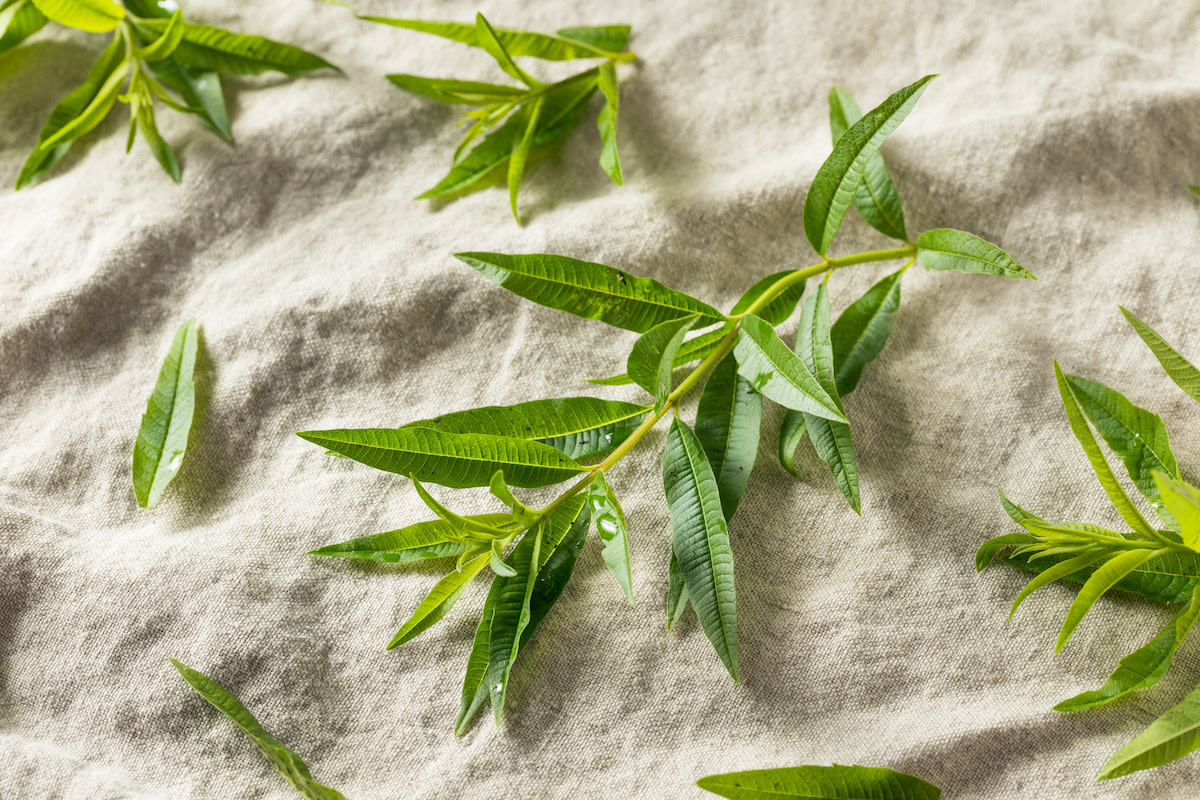How to Grow Lemon Verbena in Your Herb Garden
Written by MasterClass
Last updated: Jun 7, 2021 • 1 min read
Aromatic lemon verbena is a beautiful addition to any herb garden. The leaves of the lemon verbena plant release a potent lemony scent when bruised or rubbed. Lemon verbena can add a lemon flavor to everything from herbal tea to jam to ice cream, and you can even use it as a replacement for lemon zest.
Learn From the Best
What Is Lemon Verbena?
Lemon verbena is a perennial shrub in the verbena family of plants, useful for both medicinal and culinary purposes. Also known as lemon beebrush, lemon verbena is recognizable by its pointed leaves, rough texture, and the unmistakable lemon scent of its essential oils.
Native to South America, lemon verbena grows wild in Peru and Chile and takes best to warm climates with full sun exposure. Unlike other lemon-scented herbs such as lemon balm and lemongrass, lemon verbena plants can grow into 6-foot-tall trees, producing pretty white flowers in late summer and fall.
How to Grow Lemon Verbena
Lemon verbena is a perennial herb in warm climates and can overwinter in colder zones.
- 1. Plant lemon verbena outside in full sun. Choose an area with full sun (afternoon shade is okay) and good drainage. You can plant lemon verbena directly in the ground outside, but planting it in a container will allow you to bring the plant inside during winter to extend the growing season if you live outside its hardiness zone.
- 2. Allow lemon verbena to go dormant during the winter. Lemon verbena can lose its leaves due to temperature change or transplanting, but that doesn’t mean the plant is dead; it may just be going dormant for the winter. During the plant’s dormancy, do not overwater—once a week is sufficient.
- 3. Harvest lemon verbena leaves regularly. You can use these leaves for lemon verbena tea, marinades, and salad dressings. If you don't harvest regularly, prune the top of the plant to encourage bushy growth and prevent the plant from becoming leggy (i.e. too tall and floppy).
Learn More
Grow your own food with Ron Finley, the self-described "Gangster Gardener." Get the MasterClass Annual Membership and learn how to cultivate fresh herbs and vegetables, keep your house plants alive, and use compost to make your community - and the world - a better place.
